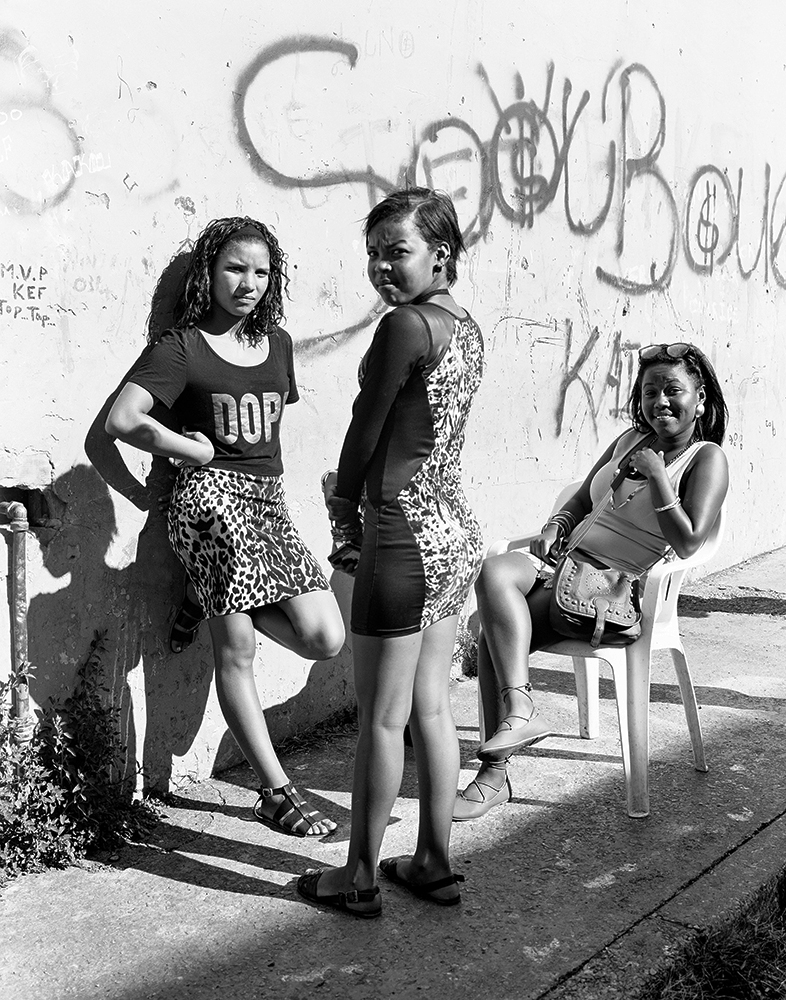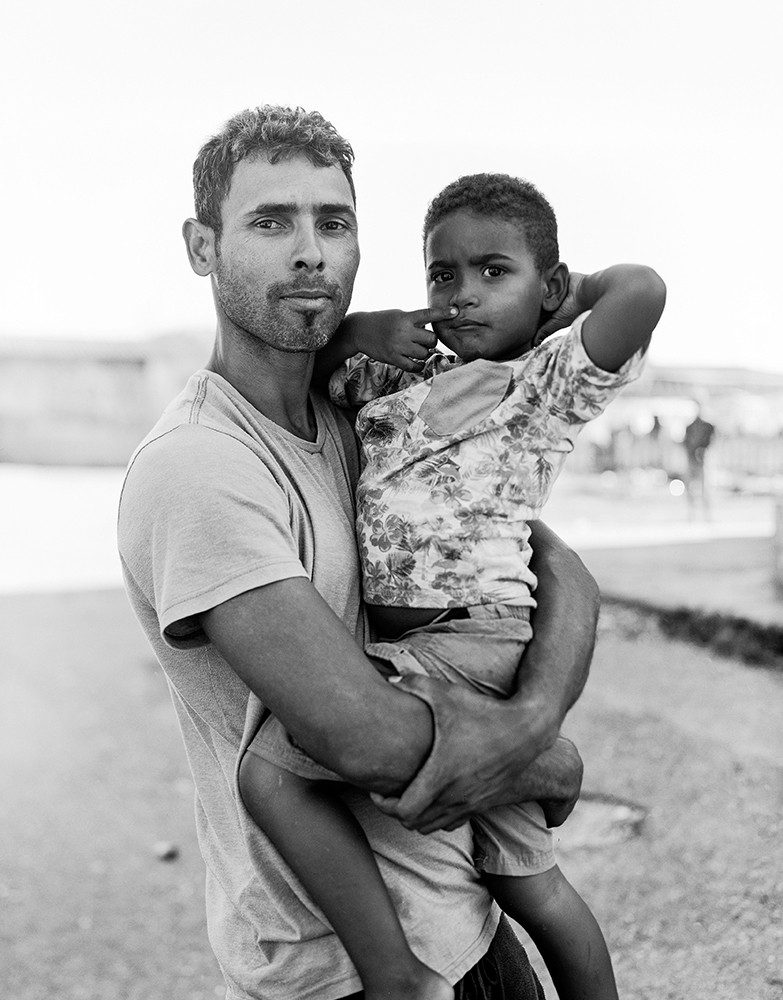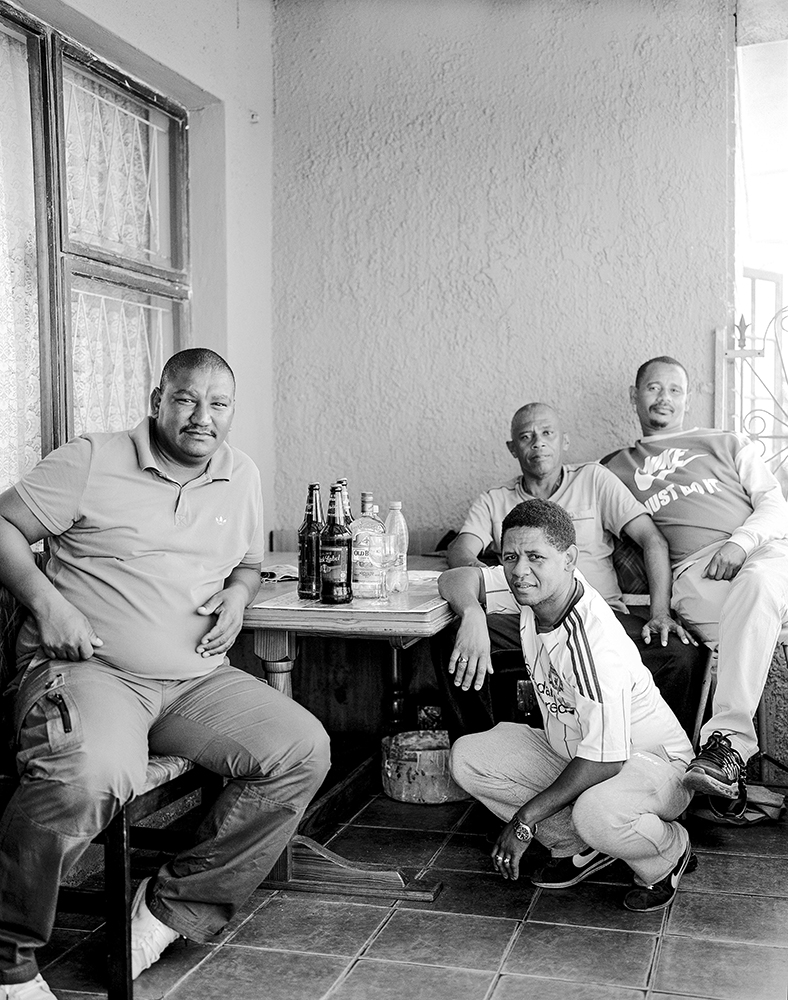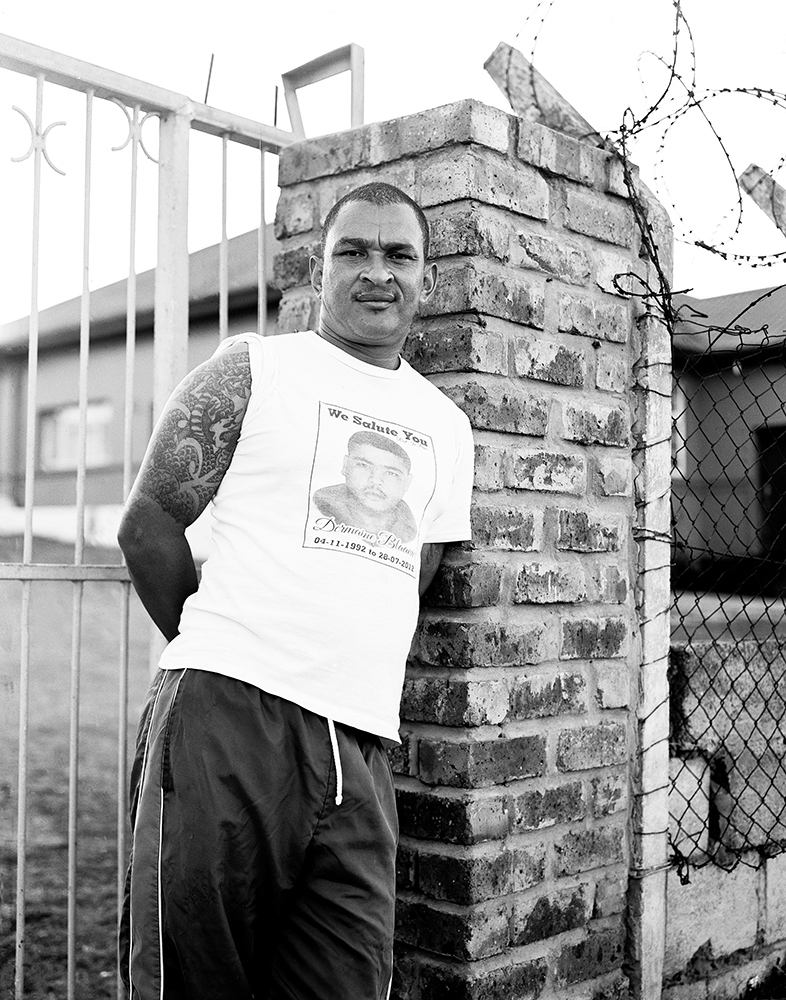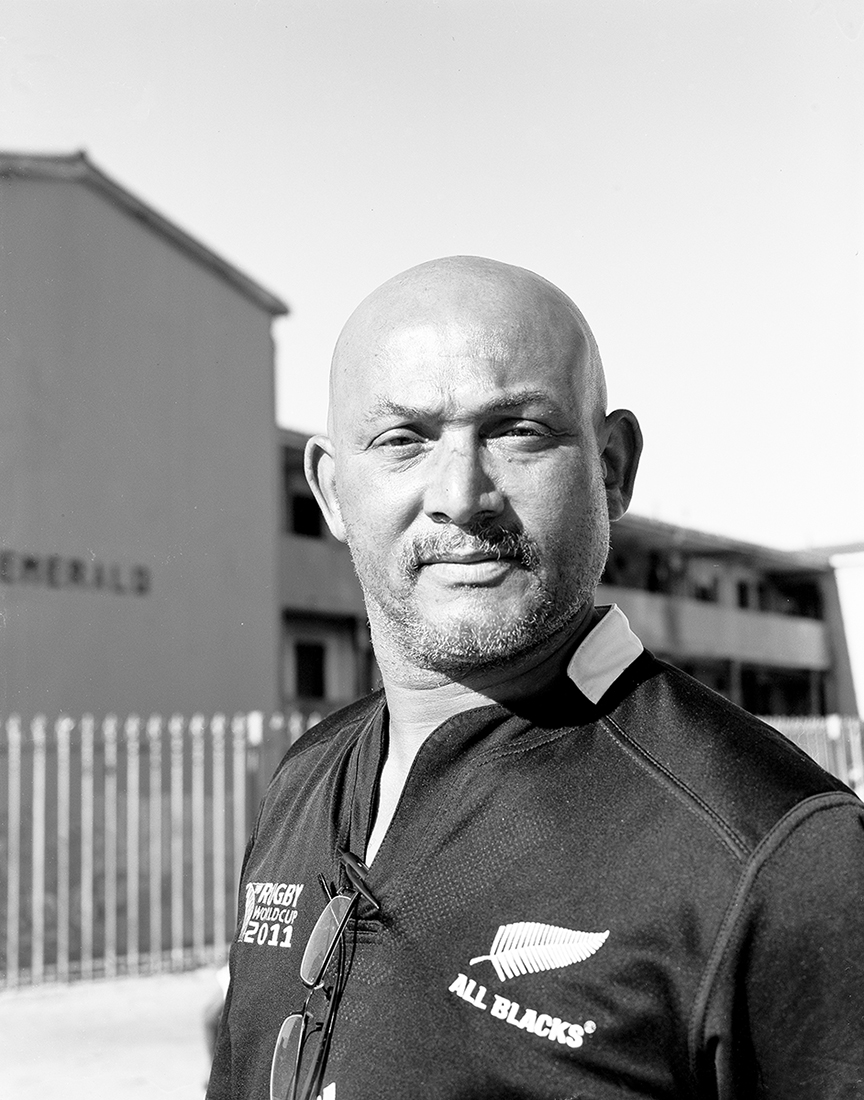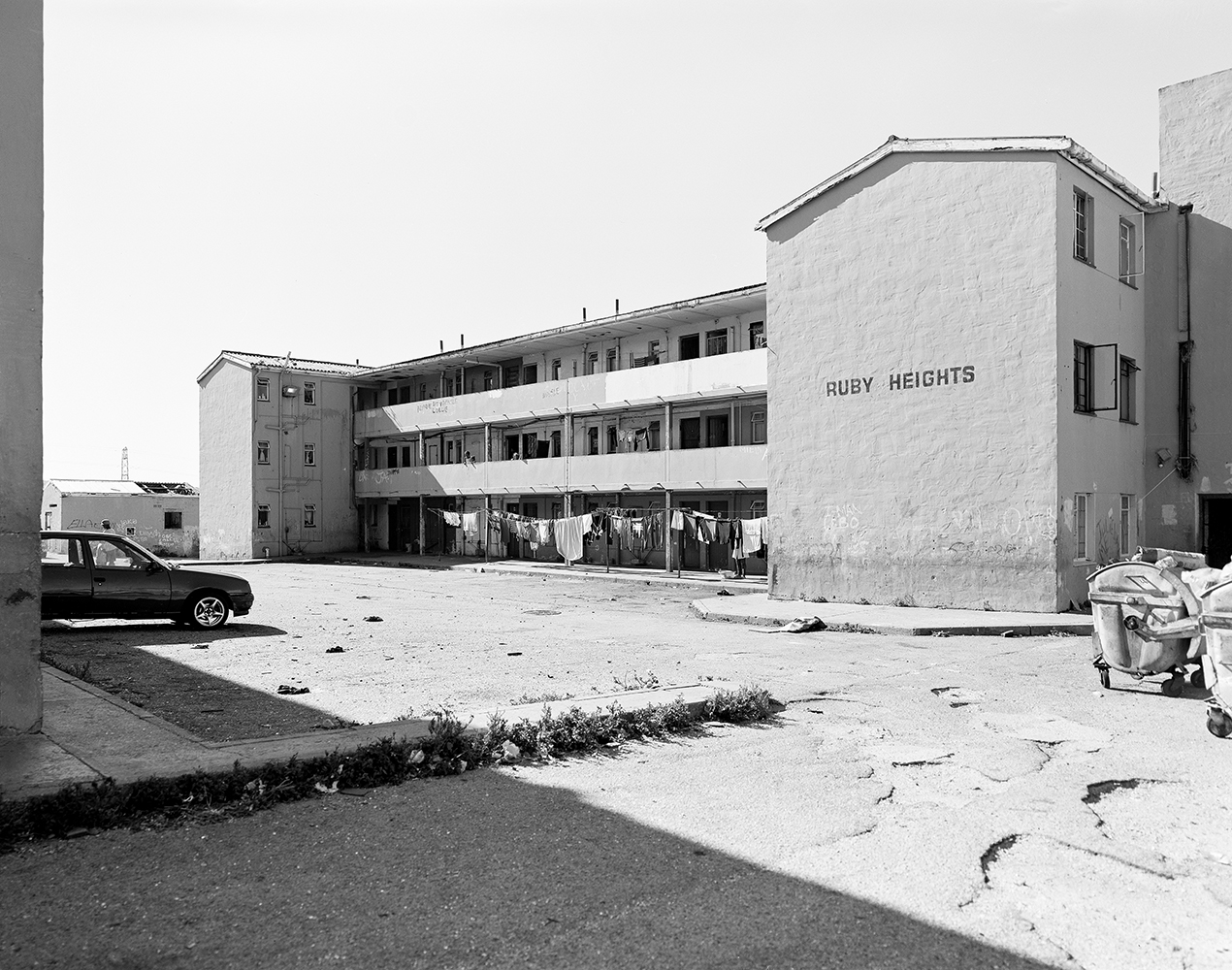Born in Port Elizabeth, photographer Farren van Wyk and her family relocated to the Netherlands when she was 6 years old due to the tumultuous political and economic situation in the country. She began her journey with the photographic medium in her teens by using her cell phone camera. At 16 she was gifted her first camera from her grandmother and from a young age she had an innate understanding of composition and what makes an image aesthetically appealing to the eye.
With her first camera in hand Farren began her exploration into documenting by lensing snippets of everyday life; her friends at parties and seashells on the beach front. “I don’t think of it as me participating in photography. It feels like photography chose me.” She shares with me a sort of moto that she lives by instilled by a former teacher, “’You are a photographer or you are not one’”.
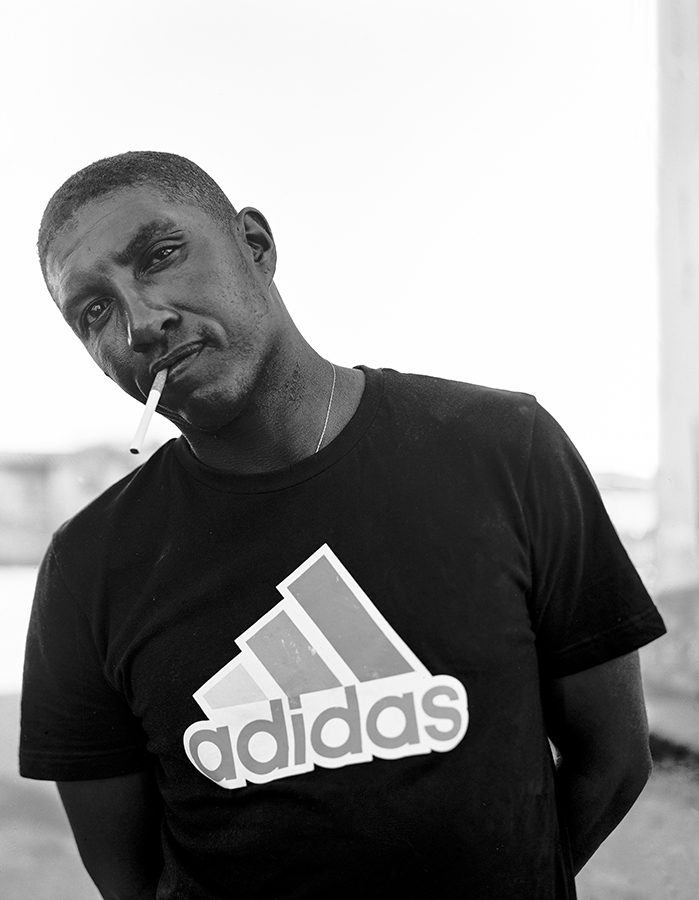
Completing a Bachelor Degree in Photography at the University of Arts in Utrecht (2016), she attributes her technical prowess to her studies and influential teachers. Farren views her photography as a part of who she is and not as something that she simply does.
Describing her practice in more detail she goes on to say that her work is dependent on her intuition. Her process of working lends itself to instinct and when beckoned by her intuition she will capture an image. It is in the aftermath that her story reveals itself once again guided by feeling.
With an absolute preference to analogue modes of working Farren states, “Analogue photography grounds me and asks my full concentration. Whereas with digital photography you can buy an SD card and ‘just click away’. It has a complete different work ethic that does not work for me”.
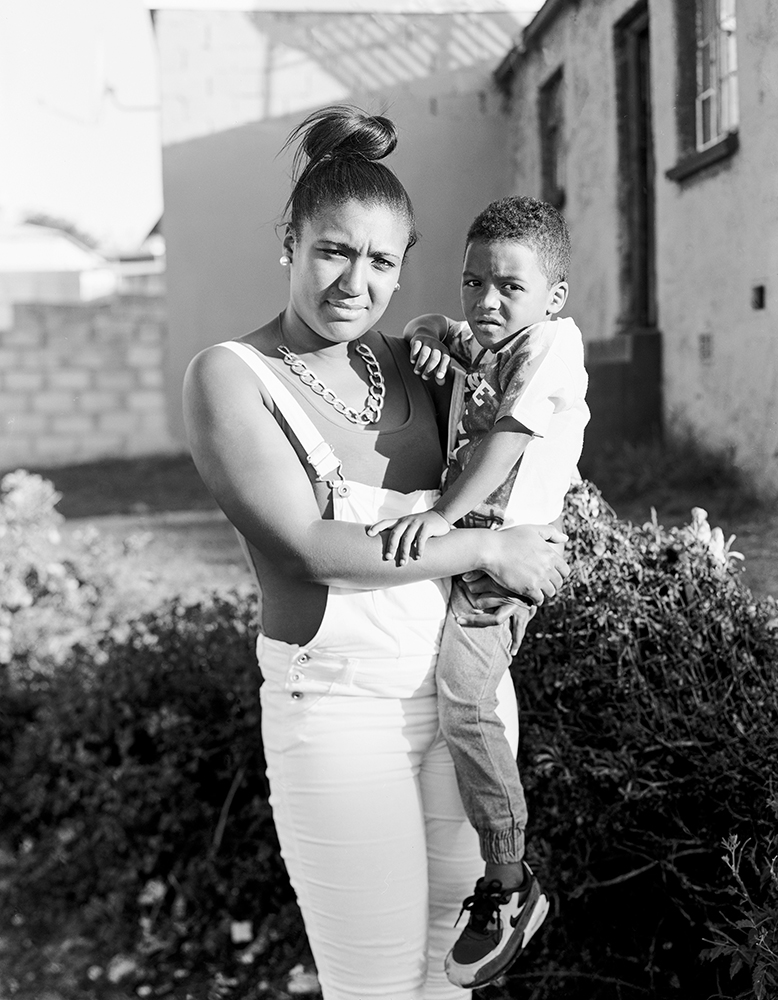
Polaroid is a format that Farren feels much attachment to and she explains that due to these images’ modest size she fell in love with them as they ask the viewer to come closer and to connect on a more intimate level with the works and even with the photographer. When it comes to choosing which of her cameras to document with, she bases her decision on the instrument that she believes will communicate her story best.
An awareness of not only psychology and anthropology but world politics and socio-economic situations is integral to Farren’s practice; she takes particular interest in the socio economic and political climate of South Africa as it is the country of her birth and she has created series here, in her hometown. To her accurate and truthful representation of individuals and their circumstances is one of the most important aspects that her work must abide to.
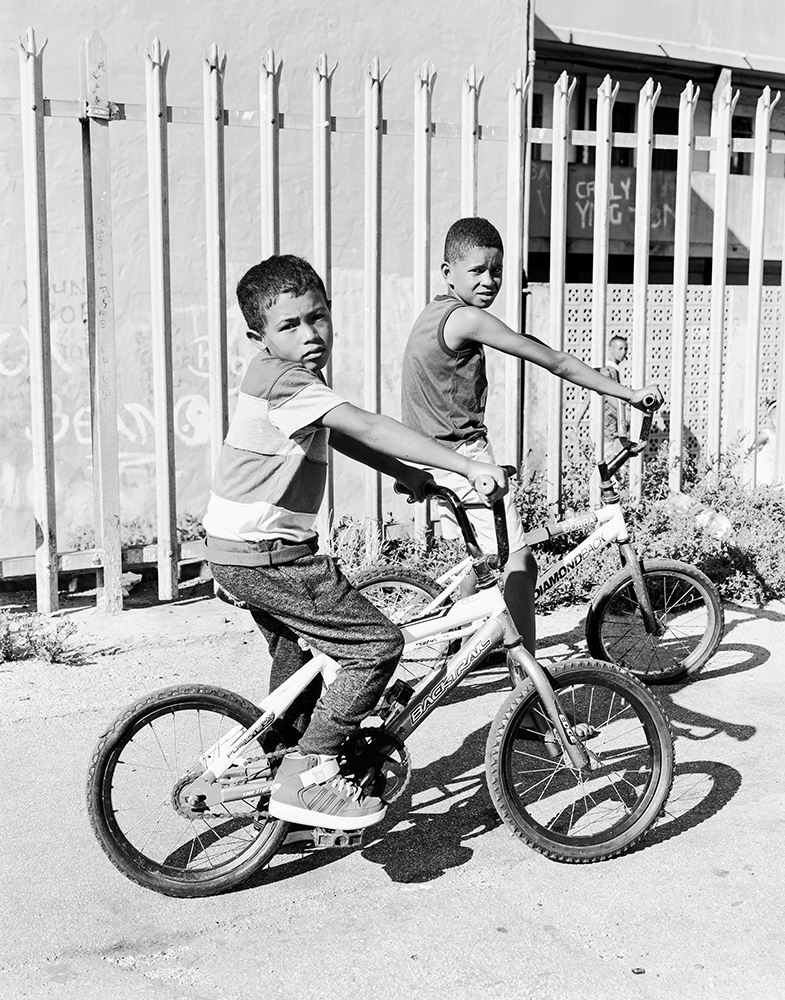
Upon analysis, it becomes clear that her work functions as a self-portrait in some ways. On this Farren expresses, “by turning the lens towards others I want to show that forming your identity is not something that you do alone. I turn my lens to people that have influenced my identity. The stories that they share with me are part of a bigger cultural society. My projects become a more universal social story as well as a self-portrait. I use visual language as a representation of my identity. I am just asking myself if I can still belong in South Africa.”
On her identity and the use of extended self-portraiture Farren continues to elaborate that her project photographed in Schauderville, Port Elizabeth, ‘Die lewe is nie reg vir my nie’ (translated as life is not right for me); acts simultaneously as a depiction of the stories of the people of the Schauderville community and in some ways as an identity quest for the photographer who is from the Port Elizabeth area but has not lived there since she was a child.
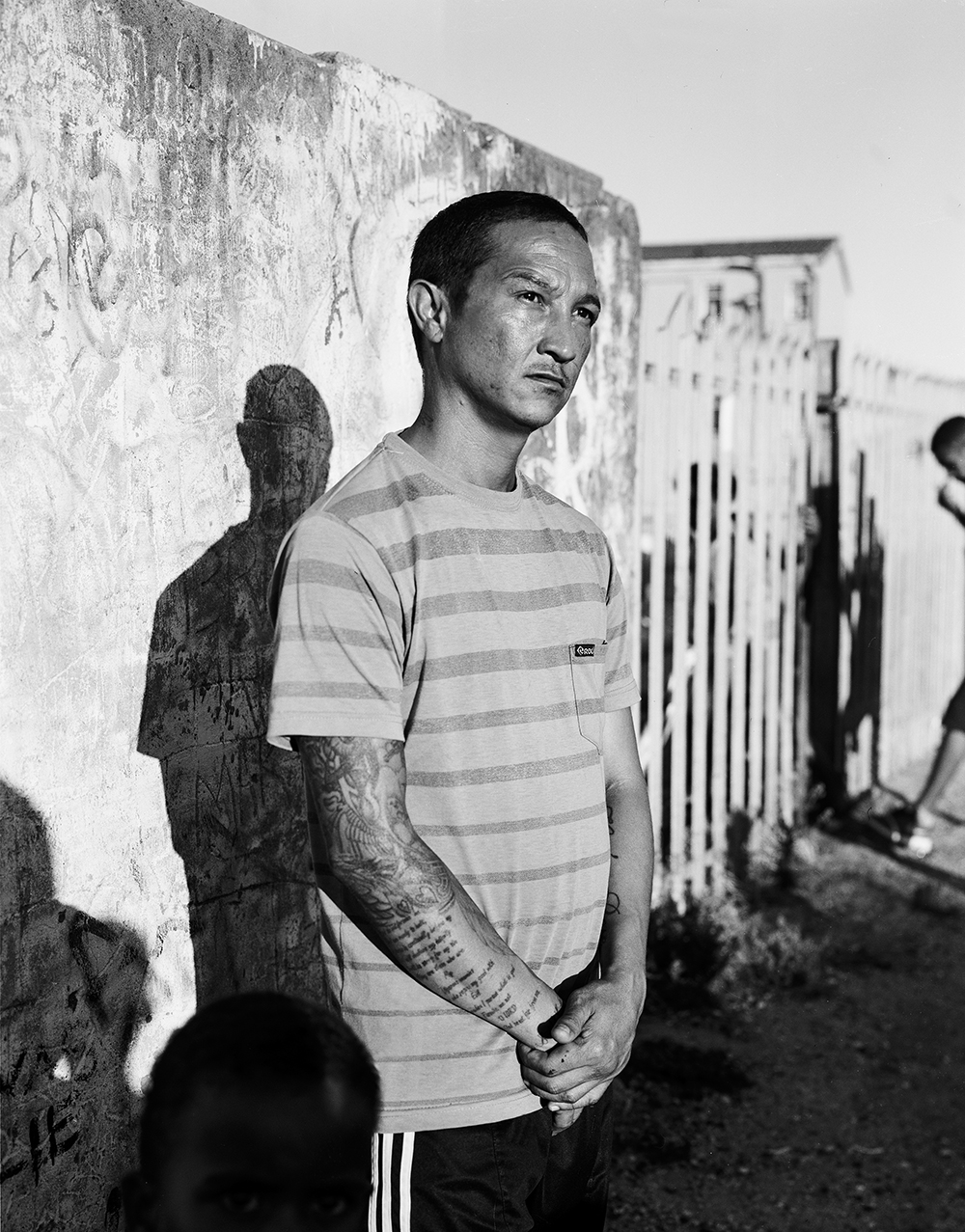
During a residency in Cape Town in 2015 Farren met a member of a number gang and learnt about his personal circumstances. Interested in learning more about such gangs she began researching the topic and the only available sources she found were western content that solely revealed a single perspective and did not touch in any way on the hardships members of these groups were facing and that despite acting in criminal ways, they still looked after their children. Frustrated by the lack of authentic representation Farren felt determined to document the true realities that the Schauderville community was facing. Her aim was to change the commonly held perception of gang culture in the region. “I am still and will be always grateful and honoured that they said yes to being a part of this project and letting me represent them.”
Farren stayed in Port Elizabeth for 3 months while she was completing this project and shares some of her greatest takeaways from her time spent there, “That there was a place for me there. There are many different gang groups in Schauderville, so the rivalries and tensions are quite severe. I chose one gang to work with and had access to the men who also stepped out of the gang. These men are all still in contact with each other, because you have the freedom to peacefully step out of the gang. You do not become an enemy, you just chose to do something else with your life. Schauderville taught me that, even in a place where gang wars are a part of daily life, there is still hope and dreams for a better future”.
The title of the project came about from a participant in Farren’s work when he expressed that gang life is not right for him. He expressed this in Afrikaans and throughout working on this project it was a sentiment that revealed itself many times with various participants in her work. “I wanted to show that they had the reflection and realisation of their own choices in life and hoped and dream to better themselves. Everything became a beautiful contrast. The portraits are black and white. The film is in colour. Apartheid is in the past, democracy is the future. As a gang member you are or where a part of a very harsh and criminal environment, but once you chose to leave, that was not an issue. You can peacefully step out. In all this negativity, they still had positive hopes and dreams. These harsh contrasts are all in the streets of Schauderville”.
